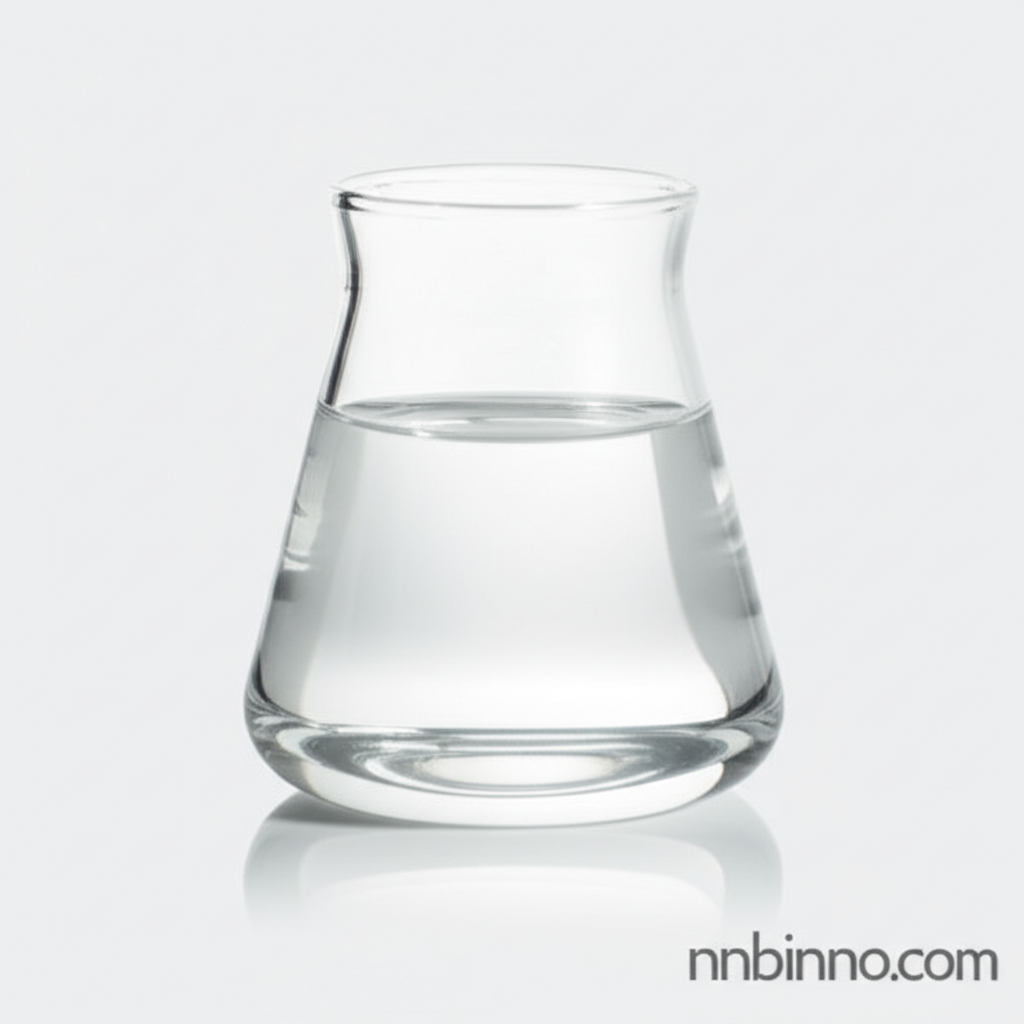Trioctyl Phosphate (TOP): Enhancing Flexibility and Performance in Polymers and Rubber
Discover the versatile applications of Trioctyl Phosphate as a key plasticizer and flame retardant, vital for improving material properties across various industrial sectors.
Get a Quote & SampleProduct Core Value

Trioctyl Phosphate
As a leading supplier in China, we offer Trioctyl Phosphate (TOP), a crucial additive that significantly enhances the performance of plastics and rubber. Our TOP provides excellent flexibility and cold resistance, making it ideal for applications requiring durability in low-temperature environments. We are a trusted manufacturer in China, committed to delivering high-quality chemicals that meet stringent industrial standards.
- Improving PVC flexibility and low-temperature brittle crack resistance using Trioctyl Phosphate is key for durable films and sheaths.
- Enhancing the plasticity and softness of natural and synthetic rubber with Trioctyl Phosphate improves processing and final product quality.
- Providing excellent low-temperature flexibility and weathering resistance makes Trioctyl Phosphate a preferred choice for demanding applications.
- Serving as a versatile plasticizer and flame retardant, Trioctyl Phosphate is essential for meeting safety and performance requirements in the industry.
Key Advantages Offered
Enhanced Low-Temperature Performance
Trioctyl Phosphate significantly improves the resistance of polymers and rubbers to low temperatures, ensuring functionality and preventing brittleness in cold conditions, a critical factor for many products.
Superior Plasticization
As a primary or auxiliary plasticizer, Trioctyl Phosphate imparts excellent flexibility and processability to plastics like PVC, making manufacturing smoother and enhancing the final product's feel and utility.
Effective Flame Retardancy
Trioctyl Phosphate contributes to flame retardancy, a vital characteristic for safety in many applications, including wire and cable sheathing and construction materials.
Key Applications
Plastics Industry
Trioctyl Phosphate is a crucial plasticizer for PVC, improving flexibility, cold resistance, and water resistance in films, sheets, and cable sheathing.
Rubber Industry
Enhancing the plasticity and softness of natural and synthetic rubbers, Trioctyl Phosphate aids in processing and improves cold and oil resistance.
Specialty Chemicals
Used in the manufacturing of herbicides, pesticides, and flame retardants, Trioctyl Phosphate demonstrates its versatility beyond polymer applications.
Pigment Carrier
Trioctyl Phosphate serves as an effective carrier for pigments in the manufacture of plastic colorants, ensuring uniform distribution and vibrant hues.
